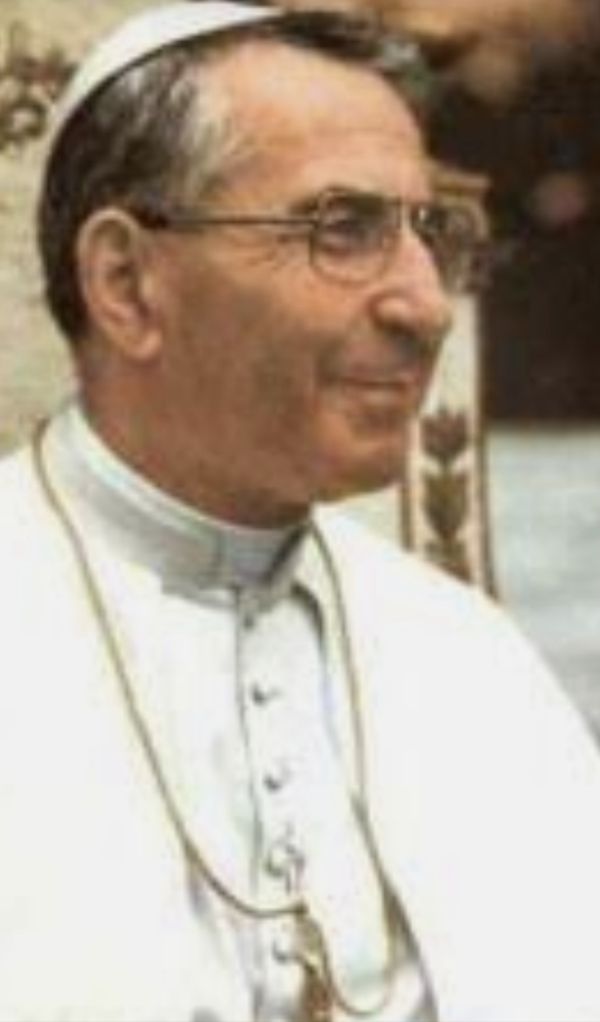Exemplary Encounter and Life at the Unknown Climax
(Lk 6:36-38)
Is it possible to put the Gospel under exemplary «Measure» - eg. of Law (retributive) or of the First Testament and Tradition?
No, a Family would not be built. And the culmination of this kind of experience would be ethnic or elitist prerogative.
Configuration and proposal that would give birth everywhere to a gray, slavish, fragile world; incapable of dialogue, and unknown discoveries.
After feeling separated by a humanizing and divine quality of life, only the awareness of reconciliation can transform environments and persons.
Such is the living and actualized Jesus, in community.
He introduces his intimates into a new experience of fluid understanding, devoid of pride.
Without actually assuming affected or photocopied attitudes.
It’s then that Humility effortlessly floods us, bringing Charity to the summit - in the celestial setting of the Gratis that moves the gaze.
By suppressing and suppressing, the artifices inexorably close the joy of living.
They harness Happiness in "ways", in the endless accentuation of efforts - against themselves, and opposing the world of others.
Conventions, standard duties and reactions, never contain the benevolent, incisive energies of growth.
In the lives of Saints we see it: listening to oneself thoroughly, letting it be... and forgiveness, they increase love a hundredfold.
It becomes a source of incredible gestures in favor of one's neighbor; in the noticing accentuated, in the care, in the free hospitality, in the total and unrestricted gift.
There has always been a need for the contribution of new virtues and situations - even intimate ones - of their surprises.
Not discarding the nonsense of others… means having learned to welcome our own frailties and oppositions.
The world begins to change when we accept ourselves, in the experience of the God-with-us’ esteem.
Thus we learn to perceive Beauty, instead of aridity and detachment: what makes life more intense and at the same time sliding.
Even the knowledge of God is not an asset of confiscation or an acquired science, already internally and externally foreclosed.
It moves from one action to another, incessantly; takes place in an encounter that is always alive, which neither blocks nor dissolves us.
It’s the future world’s beginning; principle of an unpredictable adventure.
God's Newness that creates an environment of Grace - with enormous possibilities, bursting forth from diverse energies.
It bursts in to break up primates and stagnant balances.
It does so through an impossible opening of credit - with a lordship of qualities and perspectives - which regenerate and reactivate people, families, fraternities; the whole world.
Principle of Catholicity, understood as a wide field.
Pearls of the new Pastoral, helping not to mark borders.
Yeast dough. Not self-referential.
[Monday 2nd wk. in Lent, March 17, 2025]












